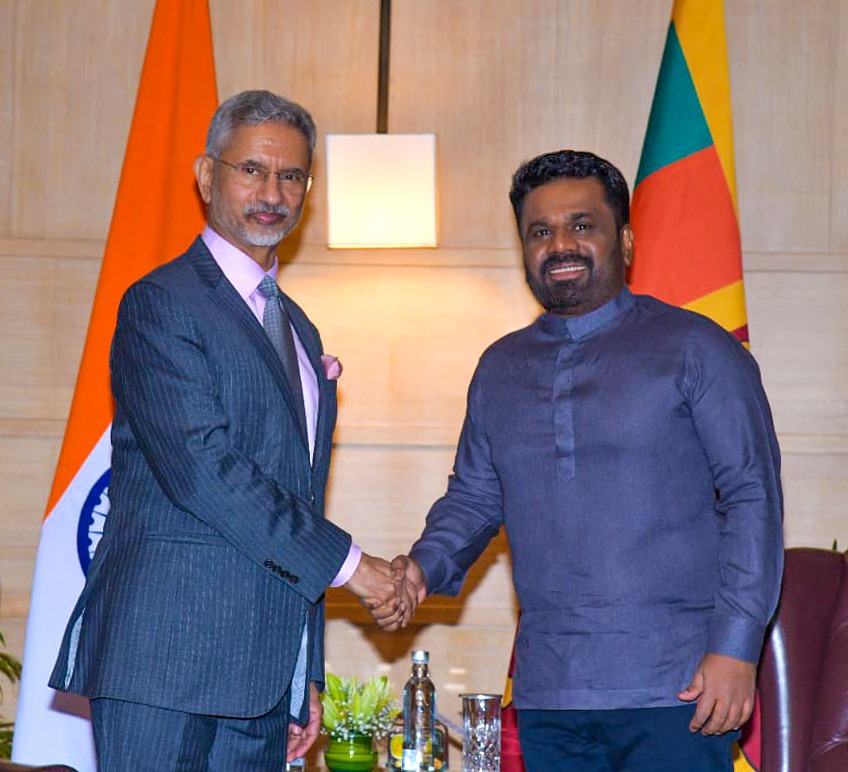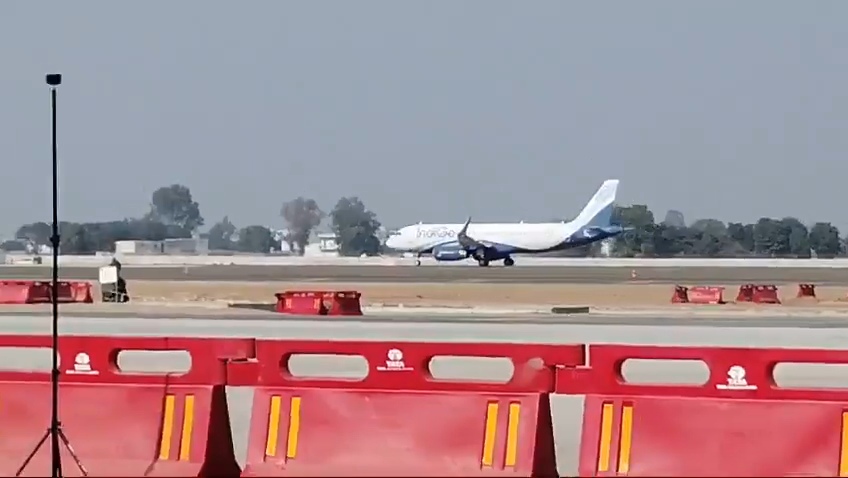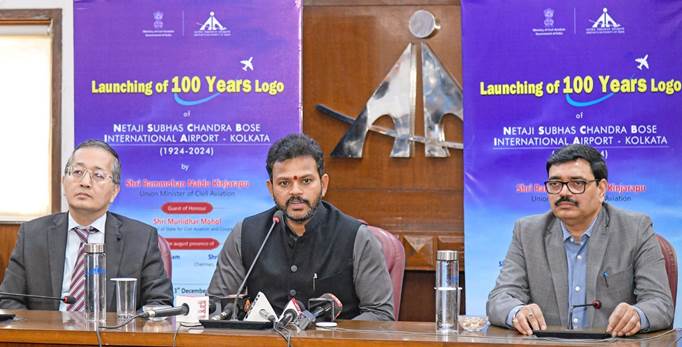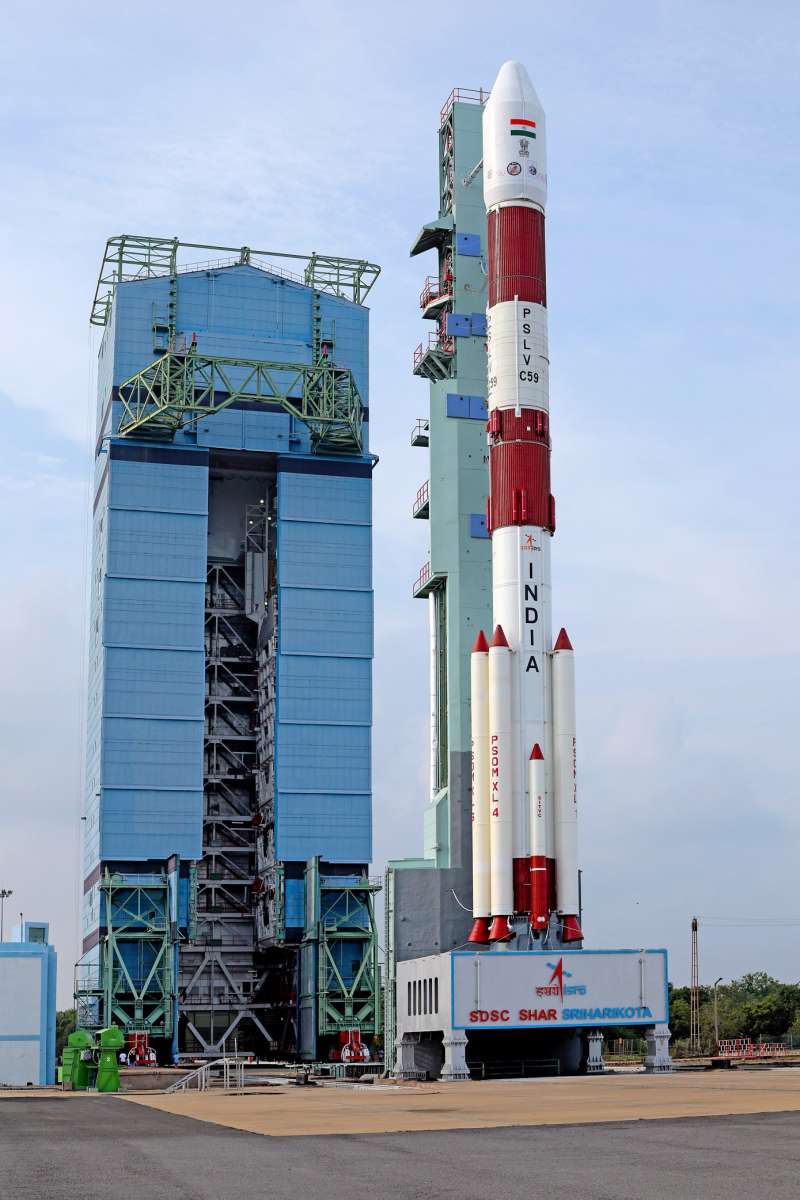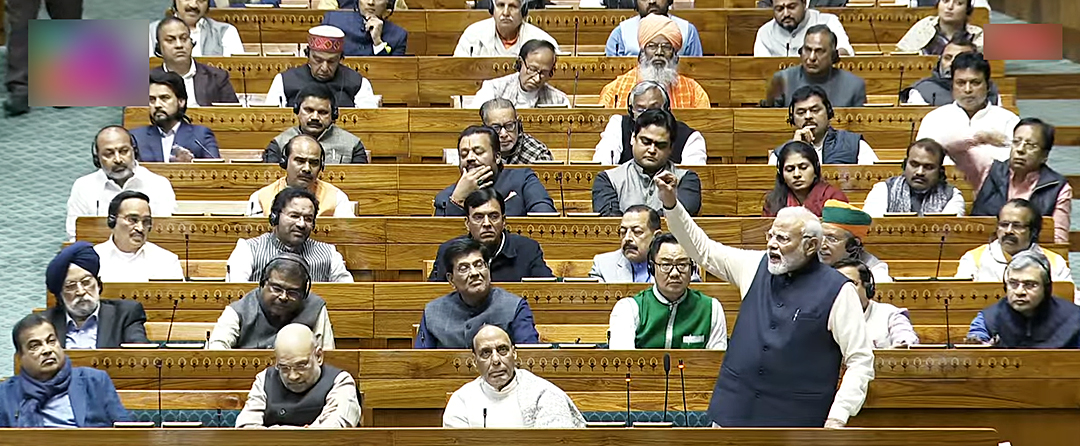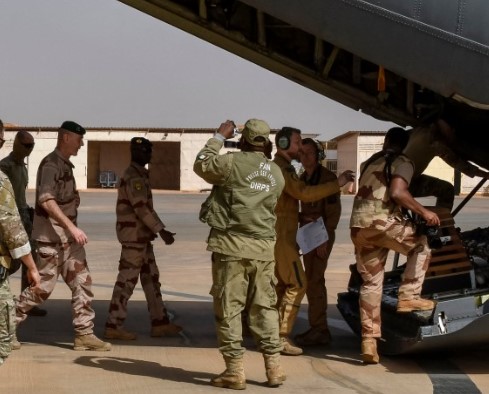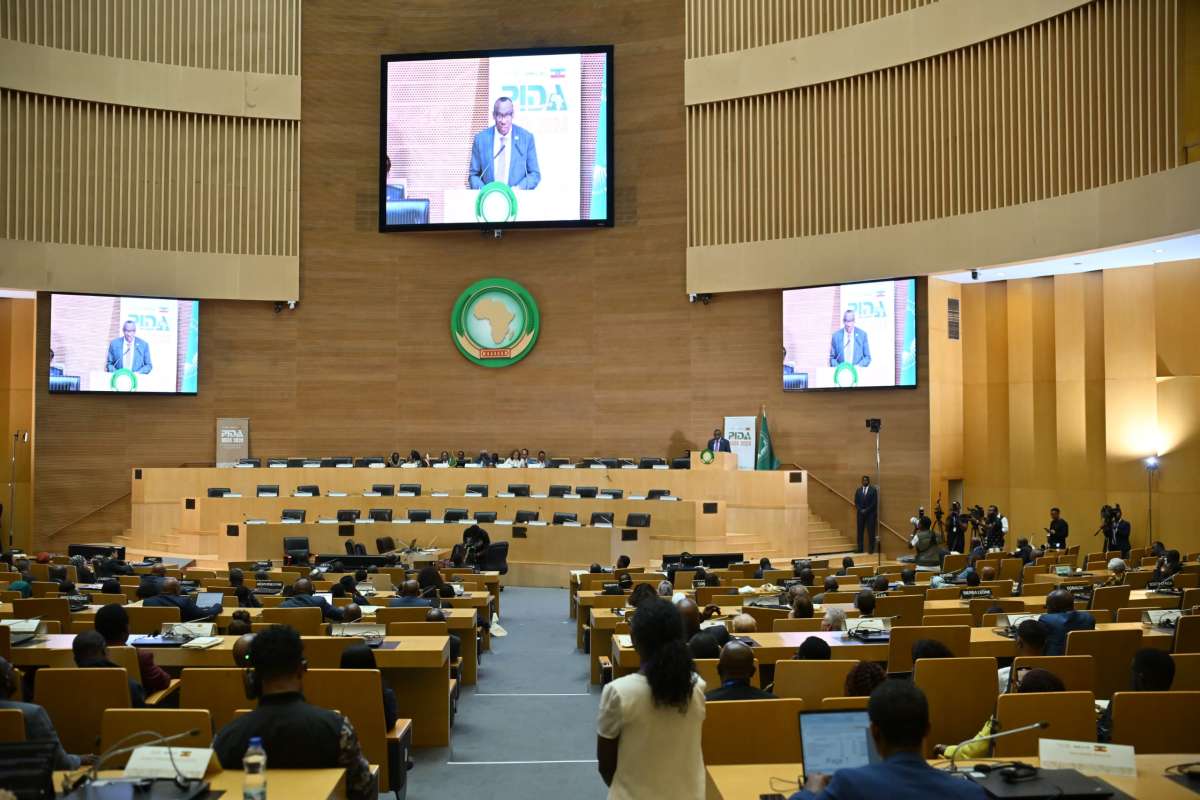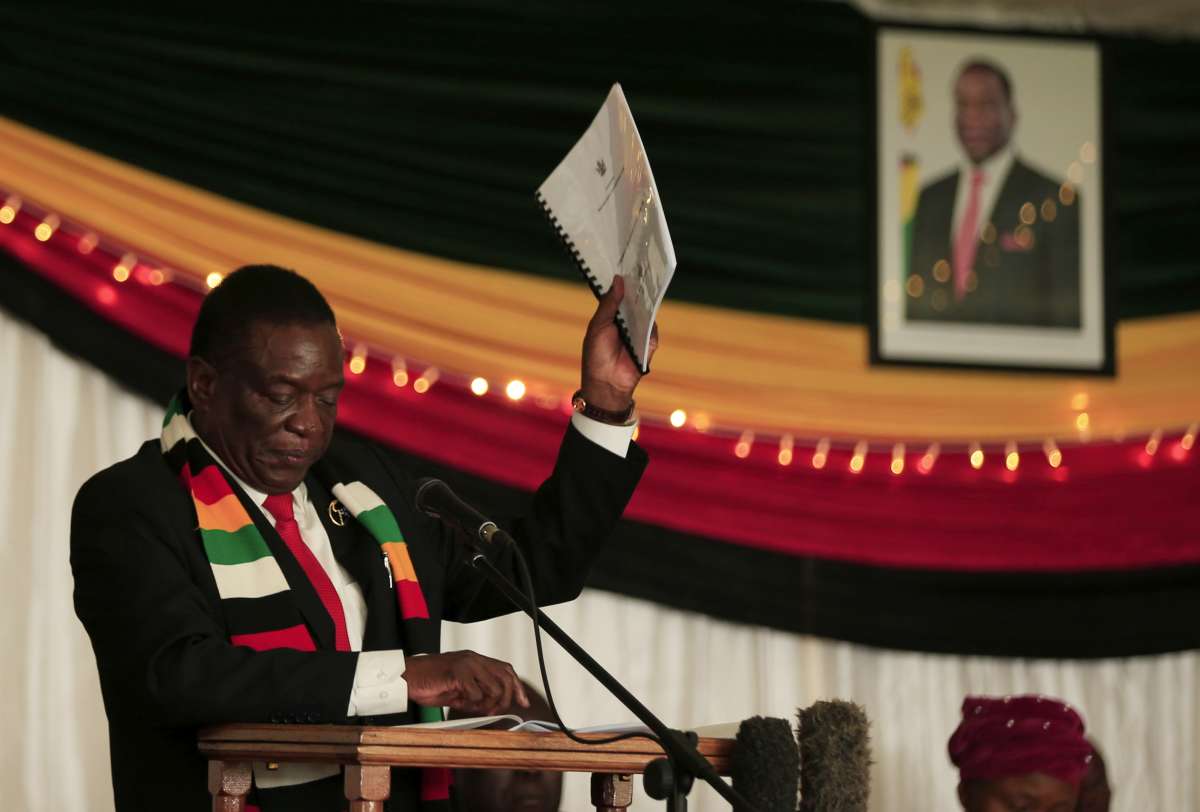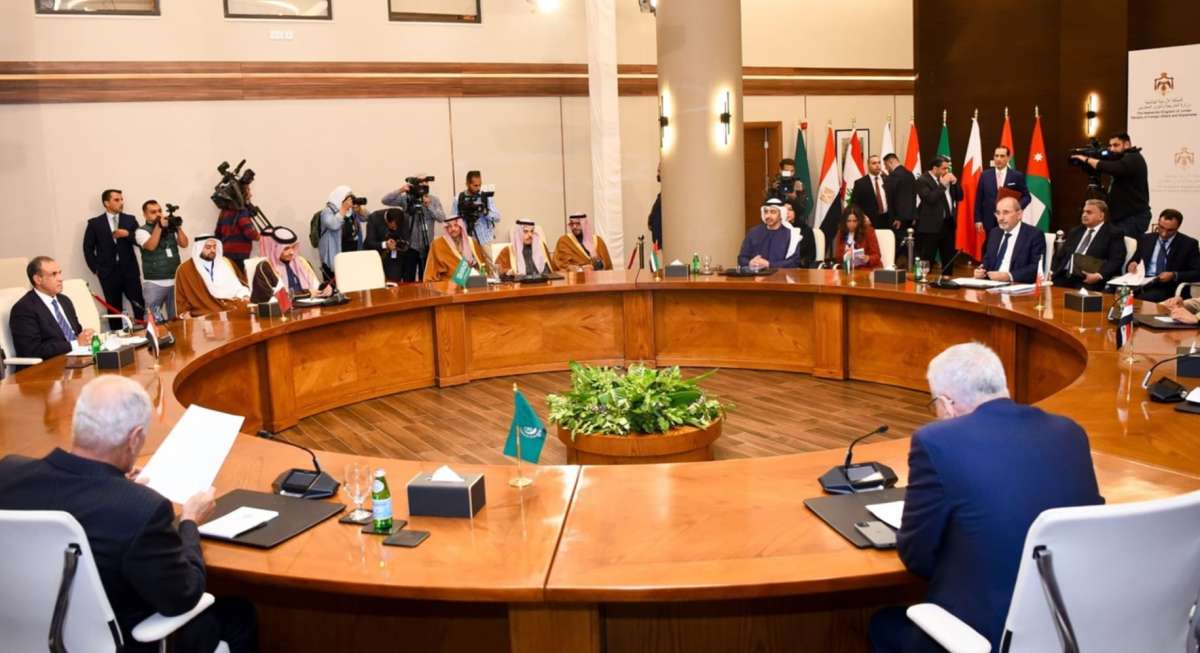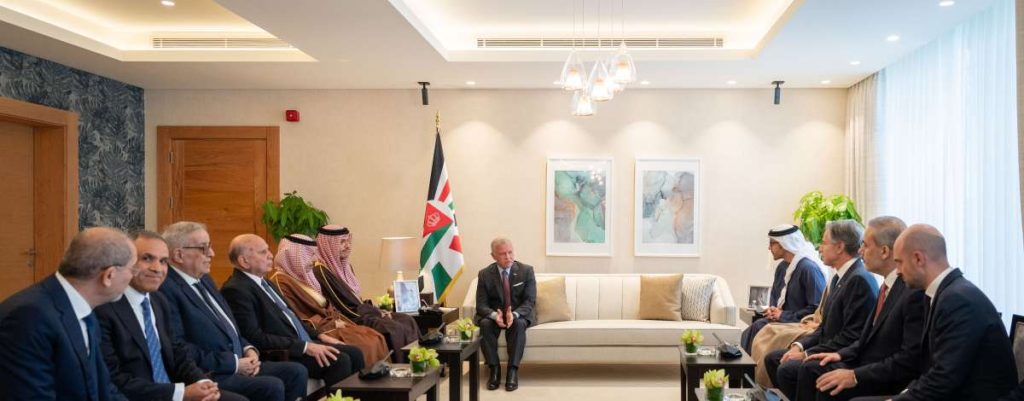French forces have been ousted in recent years from Niger, Mali and Burkina Faso following years of fighting Islamic extremists alongside regional troops…reports Asian Lite News
France flew out the two Mirage fighter jets it had stationed in Chad on Tuesday, signaling the beginning of its withdrawal of military forces from the former French colony in central Africa that last month broke off its defense cooperation agreement with Paris.
Chad has been a key counterterrorism force in the region and was one of the last countries in which France maintained a large military presence. French forces have been ousted in recent years from Niger, Mali and Burkina Faso following years of fighting Islamic extremists alongside regional troops. Those countries have moved closer to Russia, which has mercenaries deployed across the Sahel, the vast expanse below the Sahara desert.
The Mirage 2000-D fighters took off after midday from a French base in the capital, N’Djamena, after Chadian military forces came to wish them farewell, and were returning to an air force base in Nancy in eastern France, French military spokesman Col. Guillaume Vernet said.
He added that negotiations with Chadian authorities continued on how and when France might withdraw other members of its 1,000-strong force in Chad, and whether all will leave.
The French ground forces will gradually disengage in the coming weeks, Chad’s foreign minister, Koulamallah Abderaman, said in a statement.
In announcing the end of the defense cooperation agreement with France last month, the Chadian government described the decision as a turning point for the country that gained independence in 1960, and said it would enable Chad to redefine its strategic partnerships in line with national priorities.
Chadian authorities have said the end of the defense agreement in no way calls into question the countries’ historical ties and that it wants to maintain relations in other areas of common interest.
Last week, hundreds of people marched in N’Djamena to call for the withdrawal of French troops, chanting “Chad for us, France out!” Some held banners that read, “We do not want to see a single French person in Chad.”
UN releases $5 million for Sudanese refugees in Chad
Mwanwhile, the UN relief chief released $5 million in emergency relief to support the humanitarian response for Sudanese refugees in neighbouring Chad, UN humanitarians said.
The UN Office for the Coordination of Humanitarian Affairs (OCHA) said Tom Fletcher, under-secretary-general and the emergency relief coordinator, made the allocation from the UN’s Central Emergency Response Fund.
“The new funding will support UN agencies and their partners in providing humanitarian assistance, including healthcare, water, food and shelter support, to both Sudanese refugees and host communities in Chad,” OCHA said on Tuesday.
The office said that following an escalation of fighting in Sudan’s western Darfur region, the number of people fleeing Sudan to Chad increased in September and October, with more than 70,000 newly displaced people.
OCHA said that since the start of the conflict in Sudan in April of last year, more than 700,000 people have fled to Chad. In Sudan, Clementine Nkweta-Salami, the UN resident and humanitarian coordinator, expressed her grave concern over reports of shelling in and around the Zamzam camp near El Fasher in western Sudan.
The coordinator reported that Zamzam is the largest camp for internally displaced people in Sudan and home to more than 500,000 people. Zamzam came under fire on Sunday and Monday, with at least five people killed and 18 others injured, according to aid organisations.
Nkweta-Salami said that it is now more than 232 days since the siege of El Fasher began and stressed the importance of protecting civilians.
‘Millions affected by unprecedented flooding in Chad’
Since July 2024, catastrophic flooding in Chad has wreaked havoc on nearly two million people, marking it as one of the most severe disasters in recent memory.
Homes have been swept away, and lives have been shattered. As the floodwaters surged, countless families sought safety on higher ground, grabbing whatever belongings they could carry. No region has been untouched by this disaster.
Numerous individuals have lost everything, with over 13,000 people displaced and compelled to find shelter in temporary camps. The global climate crisis is amplifying the frequency and severity of natural disasters like floods, droughts, and cyclones, undermining health, education, and agricultural systems, and devastating the lives and livelihoods of countless individuals.
Countries like Chad, which are among the most affected and least equipped to handle climate change, are currently facing dire humanitarian challenges. In N’Djamena, the capital of Chad, residents found themselves in a desperate situation as the River Chari and its tributary, the Logone, swelled to unprecedented levels due to heavy rainfall in October, inundating entire neighbourhoods.
The rising floodwaters have increased dangers for women and girls, especially those in the Chari-Baguirmi displacement camp. Midwife Lucille Denembaye shared a heart-breaking story: “I met a woman whose husband gave her HIV. She is just twenty-seven, a mother of five, and her home has collapsed. Now, she can’t care for her children; she has no shelter and no food. Her situation is truly dire.”
ALSO READ: Global Help Needed for Africa’s Kids
